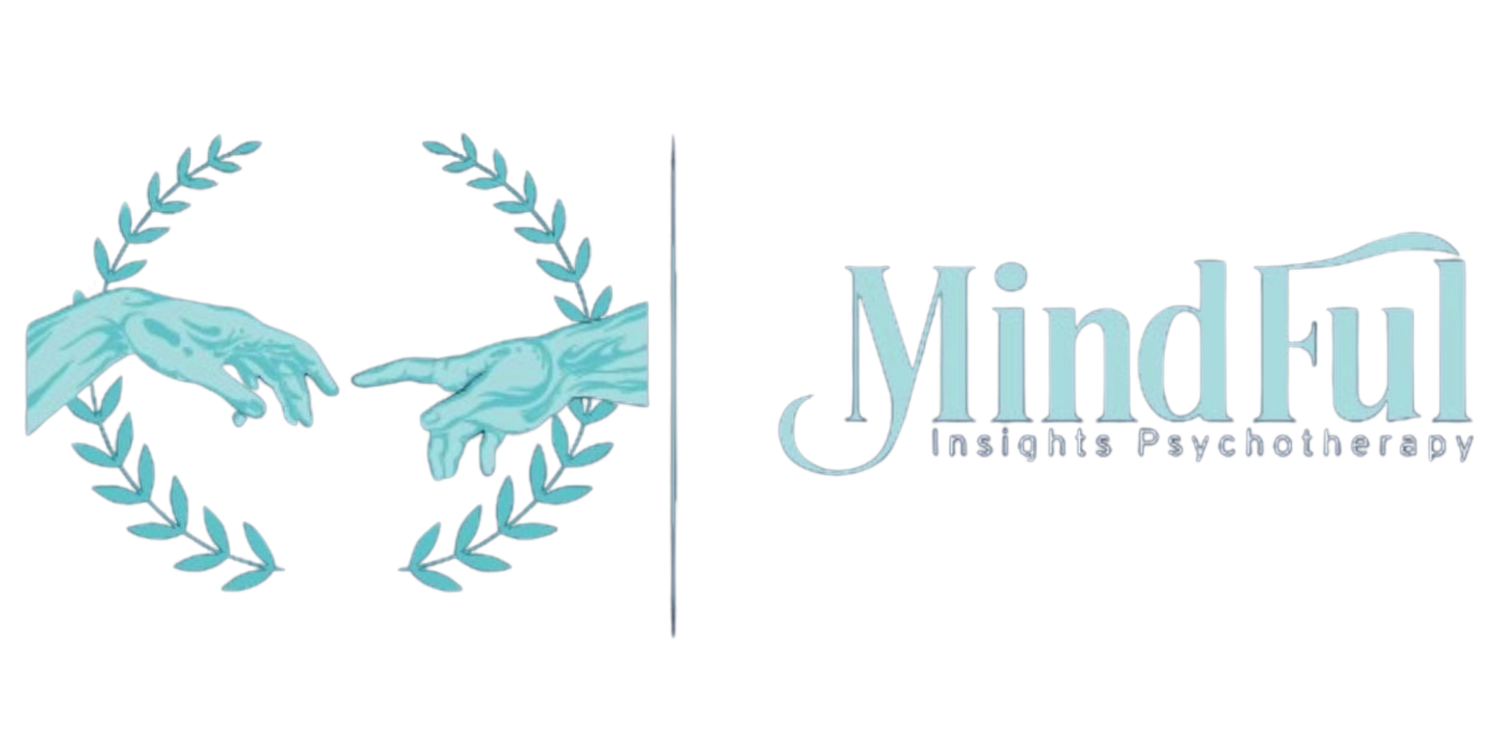The Rise of AI in Mental Health Support: Opportunities, Challenges, and Ethical Considerations
Artificial intelligence (AI) is revolutionizing mental health care, from AI-powered chatbots offering instant support to predictive analytics helping clinicians detect patterns in mental health conditions.
At Mindful Insights Psychotherapy, we recognize the potential of AI in expanding access to mental health resources. However, as with any innovation, AI also presents challenges and ethical concerns.
Let’s explore how AI is transforming mental health care, its advantages and limitations, and what ethical considerations must be addressed to ensure its responsible use.
The Role of AI in Mental Health Support
AI-driven tools are increasingly being used to bridge gaps in mental health care. Some of the most common applications include:
🔹 AI Chatbots for Emotional Support 🤖 – Platforms like Woebot, Wysa, and Replika offer users a space to express their emotions, receive Cognitive Behavioral Therapy (CBT)-based strategies, and track their mental well-being over time.
🔹 Predictive Mental Health Analytics 📊 – AI can analyze speech patterns, text inputs, and behavior to identify early signs of depression, anxiety, or mood disorders, helping professionals intervene sooner.
🔹 Personalized Therapy Enhancements 🧠 – AI is being integrated into therapy sessions, helping therapists monitor progress, suggest tailored interventions, and track treatment outcomes using real-time data analysis.
The Benefits of AI in Mental Health Care
AI-powered mental health tools address key barriers that have long existed in traditional therapy.
🔹 24/7 Accessibility
Unlike traditional therapy, AI chatbots and mental health apps provide instant support anytime—including outside of standard office hours.
🔹 Reducing Stigma
Many individuals hesitate to seek therapy due to fear of judgment. AI tools allow people to engage in mental health conversations privately, helping to normalize emotional well-being.
🔹 Cost-Effective Solutions
Traditional therapy can be expensive or inaccessible for some individuals. AI-driven platforms offer low-cost or free mental health resources, making support more widely available.
🔹 Bridging Mental Health Care Shortages
With rising demand for mental health services, AI can help individuals receive immediate support while waiting for professional care or serve as a supplementary tool between sessions.
🔗 Explore how therapy can support your mental health journey
Limitations of AI in Mental Health Support
While AI offers significant benefits, it is not a replacement for human therapists.
⚠️ Lack of Human Connection
AI lacks emotional depth and empathy. While chatbots provide scripted responses, they cannot fully understand complex emotions or offer the nuanced support that human therapists provide.
⚠️ Risk of Misdiagnosis or Misinformation
AI models are only as good as the data they are trained on. If algorithms are flawed, they may misinterpret symptoms, offer generic advice, or fail to recognize crisis situations.
⚠️ Privacy & Data Security Concerns
Many AI mental health tools collect user data to improve their algorithms. Ensuring confidentiality and ethical handling of sensitive mental health information remains a major challenge.
⚠️ Not a One-Size-Fits-All Solution
Mental health is deeply personal. AI tools cannot tailor interventions with the same adaptability as human therapists, potentially missing critical nuances in emotional well-being.
🔗 Learn about Mindful Insights Psychotherapy’s human-centered approach
Ethical Considerations in AI Mental Health Support
For AI to be responsibly integrated into mental health care, critical ethical concerns must be addressed:
🔸 Informed Consent & Data Transparency
Users must be fully aware of how their data is being used and stored when interacting with AI-driven mental health tools.
🔸 Accuracy & Accountability
AI developers must ensure that AI-generated responses are evidence-based, transparent about limitations, and do not make misleading claims.
🔸 Bias & Fairness
AI models must be trained with diverse data to prevent biases that may disproportionately affect certain populations.
🔸 Human Oversight
AI should be a complementary tool in mental health care—not a replacement. Human professionals must always remain at the core of therapy.
Finding the Balance: AI as a Supplement, Not a Replacement
AI holds tremendous potential in expanding access to mental health support. However, it should be seen as a supplementary tool, not a substitute for therapy.
💡 The best approach? A balanced integration, where AI supports individuals between therapy sessions while maintaining the human connection that is central to healing.
At Mindful Insights Psychotherapy, we embrace the benefits of technology in mental health while advocating for ethical and responsible use.
🔗 Need human-centered support? Learn more about our therapy services
Final Thoughts: The Future of AI in Mental Health
AI is reshaping the mental health landscape, offering new possibilities and challenges.
While AI-powered tools provide valuable support and accessibility, they must be developed responsibly, ensuring that human connection remains central in therapy.
✔ Technology should enhance mental health care—not replace it.
✔ Ethical AI integration requires transparency, oversight, and inclusivity.
✔ Mental well-being is deeply personal, and professional support remains essential.
💬 Looking for expert-guided mental health care?
At Mindful Insights Psychotherapy, we offer personalized therapy sessions to help you navigate stress, anxiety, and emotional challenges with compassionate, human-centered support.
📞 Ready to explore therapy beyond AI?
🔗 Contact us today to begin your journey toward emotional well-being.

